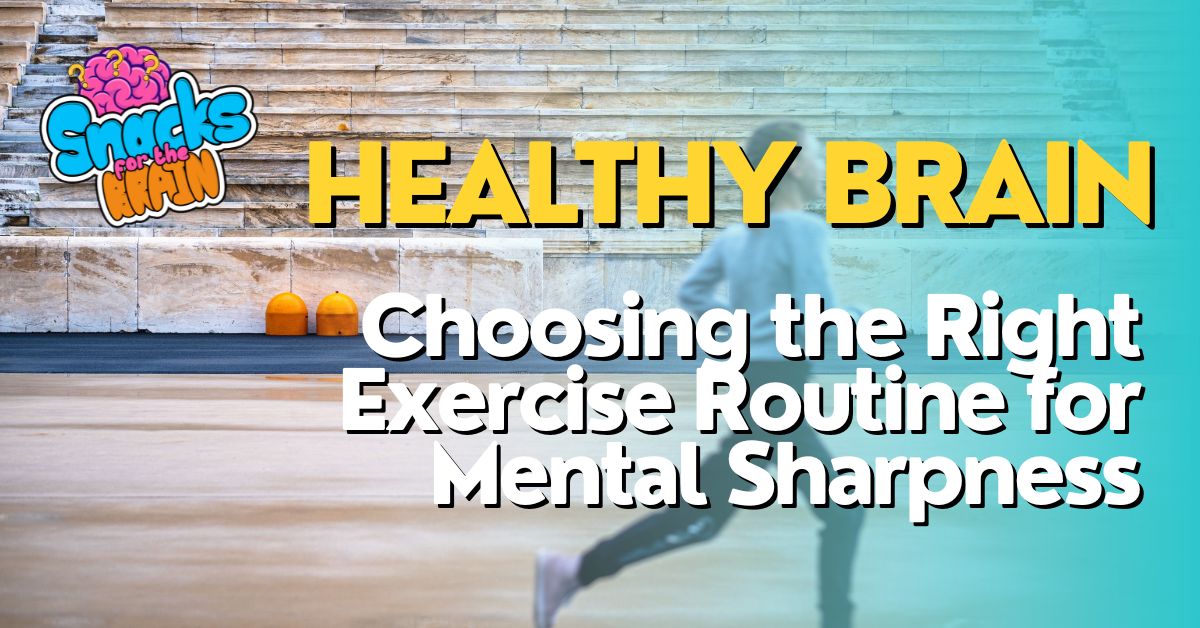Sleep plays a crucial role in cognitive function, especially in older adults. Adequate sleep is essential for memory consolidation, learning, and overall cognitive performance. During sleep, the brain processes and stores new information, which is vital for memory formation and retention. Additionally, sleep is necessary for the brain to clear out toxins that accumulate during waking hours, which can have a significant impact on cognitive function. Research has shown that older adults who get sufficient sleep have better attention, problem-solving skills, and decision-making abilities compared to those who are sleep deprived.
Furthermore, sleep is essential for emotional regulation and mental well-being. Older adults who experience sleep disturbances are more likely to suffer from mood disorders such as depression and anxiety, which can further impair cognitive function. Therefore, prioritizing good sleep hygiene is crucial for maintaining cognitive health in older adults. It is important to recognize that the quality of sleep is just as important as the quantity. Deep, restorative sleep is necessary for optimal cognitive function, and older adults should aim to create an environment and routine that promotes healthy sleep patterns.
Key Takeaways
- Adequate sleep is crucial for maintaining cognitive function in older adults
- Sleep deprivation can negatively impact cognitive abilities in older adults
- Sleep disorders can contribute to cognitive decline in older adults
- Improving sleep quality can enhance cognitive function in older adults
- Napping can help maintain cognitive abilities in older adults
- The use of sleep medications may impact cognitive function in older adults
- Promoting healthy sleep habits is important for supporting cognitive health in older adults
The Effects of Sleep Deprivation on Cognitive Abilities in Older Adults
Sleep deprivation can have detrimental effects on cognitive abilities in older adults. When older adults do not get enough sleep, they may experience difficulties with attention, concentration, and problem-solving. Sleep deprivation can also impair memory function, making it harder for older adults to retain new information and recall previously learned material. Furthermore, older adults who are sleep deprived may have slower reaction times and decreased motor skills, which can impact their ability to perform daily tasks and activities.
In addition to these cognitive effects, sleep deprivation can also lead to emotional disturbances such as irritability, mood swings, and increased stress levels. These emotional changes can further exacerbate cognitive decline in older adults. Chronic sleep deprivation has also been linked to an increased risk of developing neurodegenerative diseases such as Alzheimer’s and dementia. Therefore, it is crucial for older adults to prioritize good sleep habits and seek help if they are experiencing sleep disturbances that are impacting their cognitive abilities.
The Relationship Between Sleep Disorders and Cognitive Decline in Older Adults
Sleep disorders such as insomnia, sleep apnea, and restless leg syndrome have been linked to cognitive decline in older adults. These disorders can disrupt the quality of sleep, leading to fragmented or insufficient rest. Insomnia, characterized by difficulty falling asleep or staying asleep, can lead to chronic sleep deprivation, which has been associated with cognitive impairment. Sleep apnea, a condition characterized by pauses in breathing during sleep, can lead to decreased oxygen levels in the brain, which can impact cognitive function over time.
Restless leg syndrome, a neurological disorder characterized by an uncontrollable urge to move the legs, can also disrupt sleep patterns and lead to daytime fatigue and cognitive impairment. It is important for older adults to seek treatment for these sleep disorders to prevent further cognitive decline. Addressing the underlying causes of these sleep disturbances can help improve sleep quality and support cognitive function in older adults.
Strategies for Improving Sleep Quality in Older Adults to Enhance Cognitive Function
There are several strategies that older adults can implement to improve their sleep quality and enhance cognitive function. Establishing a regular sleep schedule can help regulate the body’s internal clock and promote better sleep patterns. Creating a relaxing bedtime routine, such as reading or taking a warm bath, can signal to the body that it is time to wind down and prepare for sleep. Additionally, creating a comfortable sleep environment by keeping the bedroom dark, quiet, and cool can help promote restful sleep.
Limiting caffeine and alcohol intake, especially in the hours leading up to bedtime, can also support better sleep quality. Engaging in regular physical activity during the day can help regulate sleep patterns and promote deeper, more restorative sleep at night. Finally, practicing relaxation techniques such as meditation or deep breathing exercises can help reduce stress and promote better sleep quality in older adults.
The Role of Napping in Maintaining Cognitive Abilities in Older Adults
Napping can play a beneficial role in maintaining cognitive abilities in older adults. Short naps during the day can help alleviate daytime fatigue and improve alertness and performance. Research has shown that napping can enhance memory consolidation and learning in older adults. However, it is important to note that napping for too long or too late in the day can disrupt nighttime sleep patterns and lead to difficulties falling asleep at night.
Therefore, older adults should aim for short naps (20-30 minutes) earlier in the day to reap the cognitive benefits without interfering with nighttime sleep. Napping strategically can help older adults maintain cognitive function and combat the effects of aging on the brain.
The Impact of Sleep Medications on Cognitive Function in Older Adults

While sleep medications can be helpful for managing sleep disturbances in older adults, it is important to consider their impact on cognitive function. Some sleep medications can cause drowsiness and impair alertness and concentration, which can impact cognitive abilities during waking hours. Additionally, certain medications may have long-term effects on memory and learning.
It is important for older adults to work closely with their healthcare providers to find the most appropriate and effective treatment for their sleep disturbances while minimizing potential negative effects on cognitive function. Non-pharmacological approaches such as cognitive-behavioral therapy for insomnia (CBT-I) may be a safer alternative for improving sleep quality without negatively impacting cognitive abilities.
Promoting Healthy Sleep Habits to Support Cognitive Health in Older Adults
Promoting healthy sleep habits is essential for supporting cognitive health in older adults. Educating older adults about the importance of good sleep hygiene and providing resources for improving sleep quality can help prevent cognitive decline associated with poor sleep habits. Healthcare providers should screen for sleep disturbances during routine visits with older patients and provide guidance on strategies for improving sleep quality.
Additionally, creating a supportive environment for older adults to prioritize their sleep health is crucial. This may involve addressing any underlying medical conditions that may be contributing to sleep disturbances, providing access to behavioral interventions for improving sleep quality, and offering resources for creating a comfortable sleep environment at home.
In conclusion, prioritizing good sleep habits is essential for maintaining cognitive function in older adults. Adequate and restful sleep supports memory consolidation, learning, emotional regulation, and overall cognitive performance. By addressing sleep disturbances and implementing strategies for improving sleep quality, older adults can support their cognitive health as they age. It is important for healthcare providers, caregivers, and older adults themselves to recognize the importance of good sleep hygiene and work together to promote healthy sleep habits for optimal cognitive function in later life.
If you’re interested in enhancing your cognitive abilities, you may want to check out this article on techniques to enhance intelligence and memory. It offers valuable tips and strategies for improving your cognitive function, which can be especially beneficial for older adults looking to maintain their mental sharpness.
FAQs
What is the relationship between sleep and cognitive abilities in older adults?
As people age, they may experience changes in their sleep patterns, which can impact their cognitive abilities. Poor sleep quality and quantity have been linked to cognitive decline in older adults, including problems with memory, attention, and decision-making.
How much sleep do older adults need for optimal cognitive function?
The National Sleep Foundation recommends that adults aged 65 and older get 7-8 hours of sleep per night for optimal cognitive function. However, individual sleep needs can vary, and some older adults may require slightly more or less sleep to feel rested and maintain cognitive abilities.
What are some common sleep disorders that can affect cognitive abilities in older adults?
Common sleep disorders that can impact cognitive abilities in older adults include insomnia, sleep apnea, restless legs syndrome, and periodic limb movement disorder. These disorders can disrupt sleep and lead to daytime sleepiness, fatigue, and cognitive impairment.
How can older adults improve their sleep to support cognitive function?
Older adults can improve their sleep by practicing good sleep hygiene, such as maintaining a regular sleep schedule, creating a comfortable sleep environment, and avoiding stimulants like caffeine and electronic devices before bedtime. Seeking treatment for any underlying sleep disorders is also important for improving sleep and cognitive function.
What are the potential consequences of untreated sleep problems on cognitive abilities in older adults?
Untreated sleep problems in older adults can lead to a range of consequences, including increased risk of cognitive decline, dementia, and Alzheimer’s disease. Poor sleep can also contribute to mood disturbances, decreased quality of life, and impaired ability to perform daily activities.






